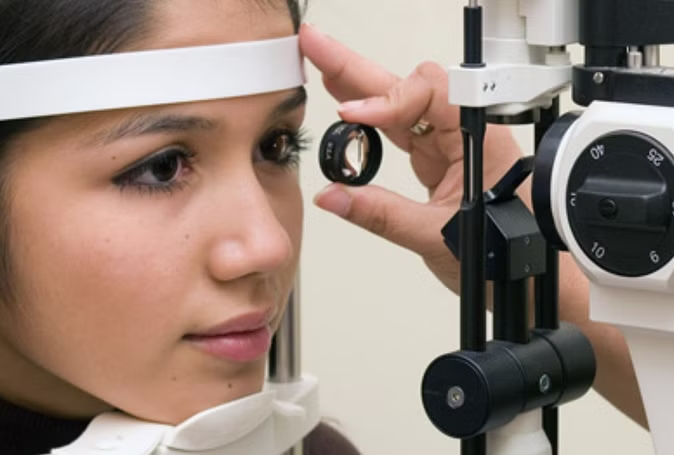It is often said that love is a feeling that is connected to the heart. But do you know that love also produces many types of reactions in our brains? In a new study, scientists have proved that different forms of love affect different parts of our brains.

Researchers from Finland's Aalto University used functional magnetic resonance imaging (fMRI) for this study. fMRI is a technique through which brain activities can be measured. Researchers told different types of love-related stories to the people participating in the study and observed the reactions in their brains during this time.
What did the study find out?
The study showed that when people think about their children, a special kind of activity takes place in a part of their brain called the Basal Ganglia. This part plays an important role in motor control, emotion, and learning. This means that love for children is a deep and complex process in our brains.
Researchers also found that there is a difference in brain activity between romantic love and friendship. In romantic love, there is more activity in those parts of the brain that are associated with reward and reward. On the other hand, in friendship, there is more activity in those parts of the brain that are associated with social relationships.

Study findings
This study proves that love is not just a feeling, but it is a complex process in our brain. Different types of love affect different parts of our brain. This study can help us understand love more deeply.
(PC: Freepik)










